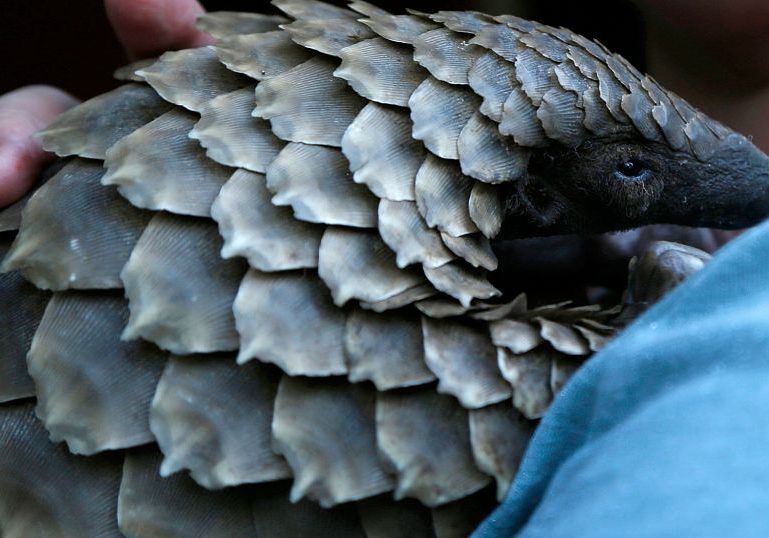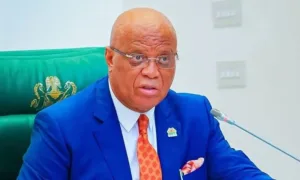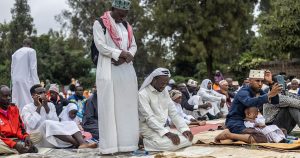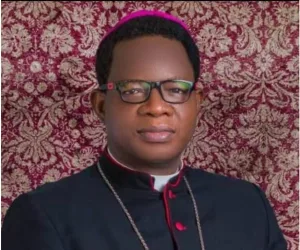Juba, South Sudan — Since gaining independence in 2011, South Sudan has been on a journey to build itself up as the world’s youngest nation. However, as the country prepares for its first democratic elections in December, many citizens are facing a significant hurdle – the lack of a National Identification Card.
With registration for the upcoming polls set to begin in less than two months, concerns are rising among residents like Alex, a young man from Magwi in Eastern Equatoria. Alex, who has made multiple trips to the immigration offices in Juba in an attempt to obtain his National Identification Card, fears that without it, he may be excluded from voting in the upcoming election.
“The first challenge I face is the distance,” Alex explained. “Secondly is the finance, because traveling from this end to Juba is a bit costly.”
Ter Manyang Gatwech, the executive director of the Center for Peace in Juba, emphasized the importance of every citizen having access to a national ID. He expressed concerns over the cost associated with obtaining an ID in South Sudan and called for the government to provide them free of charge to ensure that everyone is able to participate in the democratic process.
However, the South Sudanese government currently has no plans to issue ID cards to all citizens. George Lemi, a spokesperson for the country’s elections commission, explained that during voter registration, local administrators may be hired to confirm people’s identities.
“To be eligible to vote, you must be 18 years and above,” Lemi stated. “You must be a national — which is having a national ID or passport.”
Lemi further explained that if an individual does not possess an ID card but is a South Sudanese citizen, local leaders can step in to verify their identity and eligibility to vote.
The upcoming elections in South Sudan, originally scheduled for 2015, have been postponed multiple times due to the country’s civil war and delays in creating a constitution. Now, according to the South Sudan 2023 National Elections Act, voter registration will commence six months before the elections, starting in June. The elections are set to take place on December 22, giving South Sudanese citizens the opportunity to vote for a president, members of parliament, and various state and local offices for the first time.








